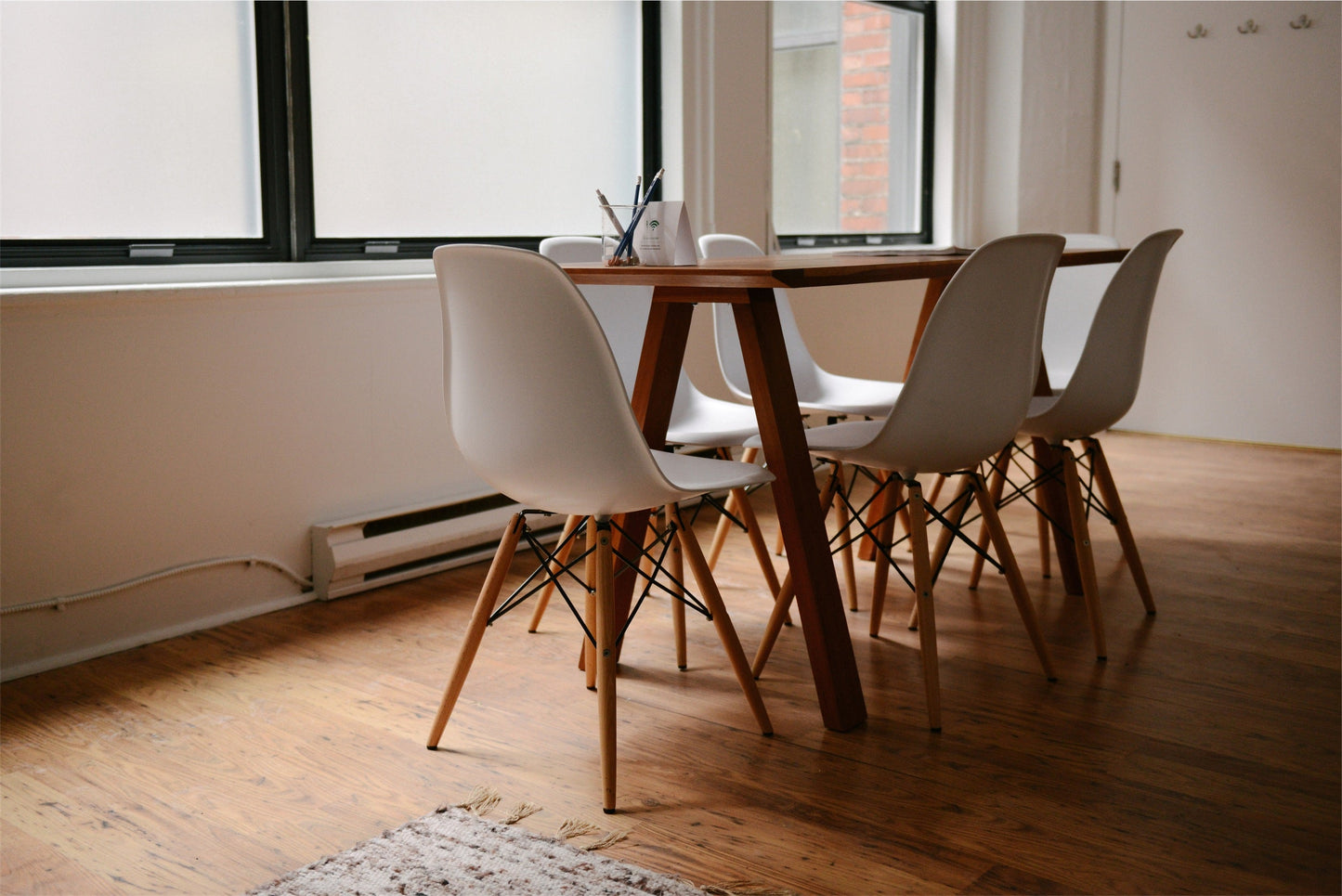Duftoase
Tips for finding accommodation
Tips for finding accommodation
Tips for finding accommodation
Who does not know that? Whether new studies or a new job, moving to a new city or simply leaving your parents' house inevitably means looking for new living space. In most university cities this is scarce, expensive and particularly in demand right before the start of the semester - so the search can quickly become a nightmare. So that you don't end up at a loss when the time comes, we have put together a few helpful tips for you.
1. Set priorities
How do I imagine my new home? In which district should it be located? Do I want a bathtub, a balcony, etc.? Before you start looking for an apartment, you should be clear about what kind of place you want. If the kitchen-living room, balcony and bathtub are indispensable for you, you have to expect to have to dig a little deeper into your pockets. If you live more sociably with others and you take a room in a shared apartment, it will be cheaper than living in your own four walls. And very frugal foxes should start looking for a place in a dormitory in good time. If you think carefully beforehand, you will save time and energy when searching.
2. Preparation is everything
When the viewing appointment comes, you should be prepared. Anyone who already has the relevant application folder with all documents ready has an advantage over other applicants. Which documents are mandatory? Normally there is a self-disclosure form from the landlord that you have to fill out. In addition to this, the landlords want Schufa information, a certificate of no rent debt, proof of wages and a copy of your ID.
Self-disclosure
The self-disclosure is a form that contains the applicant's personal data and provides information about their person, profession and previous place of residence.
Schufa information
So that the landlord can get an overview of the economic familiarity of his applicants, Schufa information is usually required. This simply reflects whether all payment demands have been met in accordance with the contract in recent years.
Certificate of freedom from rent debt
Landlords usually require a certificate of no rent debt from the previous landlord to ensure that the rent has always been paid regularly. If you previously only lived with your parents, this does not need to be submitted.
Pay statement
As a rule, proof of the last three billing months is required as proof of a regular income. If you do not yet have any income or are a Bafög recipient, you can also provide your creditworthiness with a guarantor. A person you trust confirms that in the event of temporary financial difficulties, the guarantor is liable for ensuring rent payments.
3. Discover alternative neighborhoods
If you open your eyes and don't just look in the trendy districts of your city, you can definitely get nice living space at affordable prices. Recognize where the trend is going and secure a spot in the new trendy neighborhood.
You can find out where there is still affordable housing in your desired city via CAPITAL's real estate compass: http://immobilien-kompass.capital.de/wohnen
4. Living on the city limits
Being in the middle instead of just being there is no longer up to date, because the important thing is: being there and quickly in the middle of it. If you don't necessarily want to live in the middle of the city center and would rather have a quiet and modest retreat, you can save a lot of money with alternative apartments on the outskirts of the city. Traveling by S-Bahn or bus often doesn't take much longer than in the city itself.
5. Vitamin B
If you're looking for a new place to live, tell everyone you know. Most of the time someone knows someone who knows someone who knows that there is a free apartment or room. Apartments often don't even make it onto the online housing market, but are rented out secretly through word of mouth. In addition, the bulletin board at your university always offers a good search alternative to the online search portals.
6. Exchange of apartments
Do you want to move out of your own walls because you want to expand, expand or change? Simply offer your apartment for exchange. Quite a few people looking for an apartment are willing to offer their current apartment in exchange for an alternative place to stay.
7. Rent storage space
If you simply have too many things to store in a smaller apartment, simply rent storage space. There are often self-storage offers where you can access your things 24 hours a day .
8. Shared apartment
If you want to be a little more sociable, then just look around on the relevant portals for a room in a shared apartment. Not only do you save a lot of money in a shared apartment, but you also get to know nice people with whom you can spend a varied time in addition to the strenuous everyday study routine.
New studies, a new job or moving to a new city inevitably means looking for new living space. We have put together a few helpful tips for you.
Share


